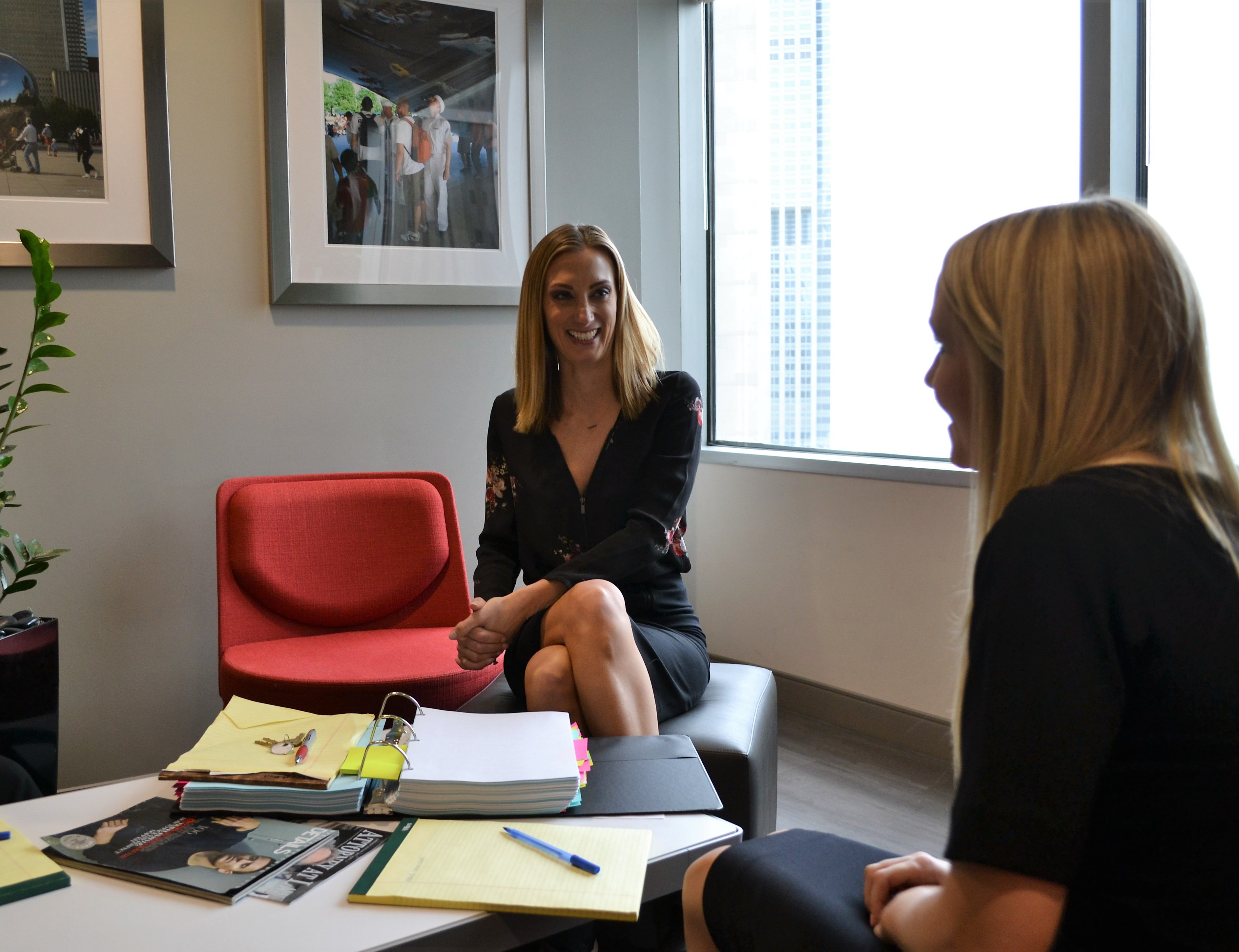Chicago –December 3, 2020– Attorney Lyndsay Markley resolved a lawsuit against the Archdiocese of Chicago and the Catholic Bishop of Chicago, for a client claiming he suffered sexual abuse by former Archdiocese of Chicago priest, Daniel McCormack.
The case is filed in Cook County Law Division as John B. Doe v. THE CATHOLIC BISHOP OF CHICAGO, a corporation sole, and THE ARCHDIOCESE OF CHICAGO, 2019 L 7452. A dismissal order will be entered shortly pursuant to the $1.5 Million Dollar Settlement agreed to by both parties.
According to his complaint, the victim alleges he was sexually abused by McCormack in the early 2000s while attending the grammar school, Our Lady of the Westside Catholic School, in Chicago, Illinois. McCormack, an ordained priest, was both a teacher and basketball coach at the school. In addition to attending the school, the victim was also a member of the basketball team that McCormack coached.
According to the Complaint, evidence indicates that the Defendants were aware of reports of sexually inappropriate, predatory behavior by McCormack for years before his first arrest in October of 2005. Despite this information, the AOC allowed McCormack to continue active ministry until after he was arrested a second time on allegations of child sexual abuse in January of 2006. He was permanently removed from the priesthood in November 2007 and pleaded guilty that year to abusing five children.
Attorney Lyndsay Markley says: “For far too long the Catholic Church has allowed predators access to minors and children while offering lip service to its parishioners and the public that they have a “zero tolerance” of sexual abuse. By continuing to hold the AOC accountable publicly, we hope that in the future they will prioritize the protection of children over the reputation of a priest.”
In addition to resolving this case against these Defendants, Lyndsay Markley has successfully represented several other lawsuits against the Archdiocese of Chicago arising out of allegations of abuse by former priest, Daniel McCormack.
Media interviews
For interviews, please contact Violet Marquardt at violet@gossipgenie.com or 630-338-9830.
More about Lyndsay Markley
Lyndsay Markley is a trial lawyer based in Chicago and the principal of Lyndsay Markley Law. To date, Markley has obtained substantial compensation for her clients in all areas of personal injury and wrongful death litigation and tried numerous cases to jury verdict. In the past four years alone, Markley has secured tens of millions of dollars on behalf of her clients. Before starting Lyndsay Markley Law in 2014, Markley served as a named shareholder at a Chicago law firm and, notably, was the law firm’s youngest and first female partner in its 60-year history. Currently, a great deal of Markley’s practice is dedicated to representing victims of sexual and physical abuse in civil lawsuits.
In addition to obtaining notable verdicts and settlements on behalf of the plaintiffs she represents, Lyndsay has received numerous awards and honors, including being named by The Chicago Daily Law Bulletin as one of the top “40 Under Forty Illinois Attorneys to Watch” in 2018 and designation as an Illinois “Super Lawyer” in 2017 through 2020 by SuperLawyers/Chicago Magazine. She is regularly interviewed about her own cases and current legal events by local and national media, bar associations and professional organizations, including the Chicago Tribune, Chicago Sun-Times, NBC Chicago, CBS Chicago, ABC 7 Chicago, WGN TV, NPR, Chicago Lawyer, and National Trial Lawyers.










